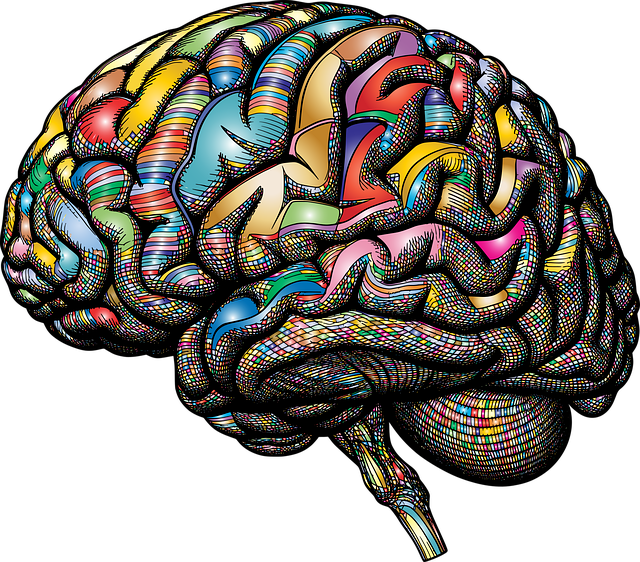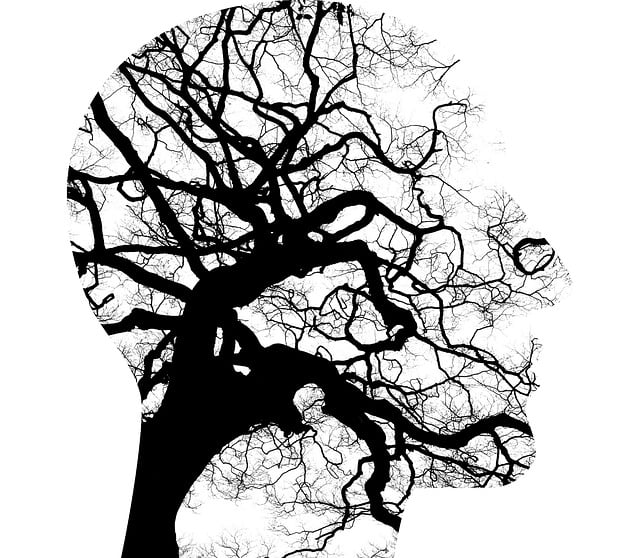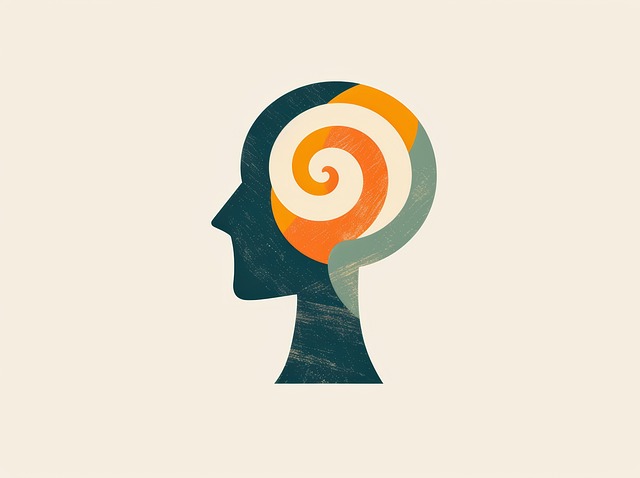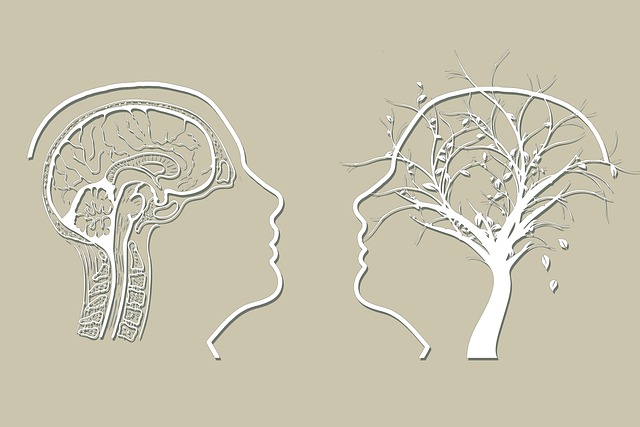The media's portrayal of mental illness significantly shapes public perception, impacting how diverse communities view psychological health issues. Negative depictions can perpetuate stigma and discrimination, while positive, nuanced representations encourage understanding and reduce social isolation. A responsible media approach involves showcasing diverse experiences, dispelling myths, highlighting recovery stories, and emphasizing stress reduction methods. This benefits Mental Wellness Coaching Programs and Risk Management for professionals, fostering a supportive society prioritizing mental health. Longmont Divorce Therapy offers a powerful model by depicting realistic divorce scenarios and personal growth, challenging stereotypes and encouraging empathetic portrayals in popular culture. Collaborating with mental health experts and individuals with lived experiences is crucial to accurate depictions, promoting self-care practices and reducing stigma through relatable media content.
In today’s media landscape, representation of mental illness is crucial for fostering understanding and reducing stigma. This article explores how media portrayal significantly influences public perceptions of mental health, with a focus on Longmont Divorce Therapy as a model for positive, accurate depictions. We delve into strategies to enhance media accuracy, drawing insights from innovative practices like Longmont, ensuring that stories about mental illness empower rather than misinform.
- Understanding the Impact of Media Portrayal on Mental Health Awareness
- Longmont Divorce Therapy: A Model for Positive Representation
- Strategies to Enhance and Ensure Accurate Mental Illness Depictions in Media
Understanding the Impact of Media Portrayal on Mental Health Awareness

The media’s portrayal of mental illness can significantly shape public perception and understanding of psychological health issues. This is especially true in today’s digital age where information spreads rapidly, influencing how folks from all walks of life, including those seeking services like Longmont Divorce Therapy, view themselves and others. When media representations are negative, stereotypical, or inaccurate, they can contribute to stigma, discrimination, and a lack of empathy towards individuals living with mental health challenges. On the other hand, positive and nuanced portrayals have the potential to enhance mental wellness by encouraging open conversations, promoting understanding, and reducing the social isolation often experienced by those struggling.
A responsible approach to media representation involves showcasing the diversity of mental illness experiences, dispelling myths, and highlighting recovery stories. By doing so, media platforms can contribute to the development of Mental Wellness Coaching Programs and play a crucial role in Risk Management Planning for Mental Health Professionals. Furthermore, emphasizing effective Stress Reduction Methods through media storytelling can empower individuals to seek help and support, ultimately fostering a more supportive and informed society where mental health is prioritized.
Longmont Divorce Therapy: A Model for Positive Representation

Longmont Divorce Therapy offers a promising model for positive representation of mental illness in media and popular culture. By showcasing realistic portrayals of individuals navigating divorce while also highlighting their inner strength development, this therapy practice challenges societal norms and reduces the stigma associated with mental health struggles. Through its comprehensive approach, it demonstrates that emotional healing processes are achievable, even during life’s most challenging transitions.
This model serves as a beacon for media creators, encouraging them to move away from stereotypical depictions of mental illness. By presenting complex characters who exhibit resilience and growth, Longmont Divorce Therapy fosters a more nuanced understanding of mental health issues among audiences. Such representation plays a pivotal role in Mental Illness Stigma Reduction Efforts, paving the way for increased empathy and support for those facing similar challenges.
Strategies to Enhance and Ensure Accurate Mental Illness Depictions in Media

To enhance and ensure accurate mental illness depictions in media, several strategies can be implemented. Firstly, consultation with mental health professionals is essential. Collaborating with therapists, psychologists, and psychiatrists allows for a deeper understanding of various conditions, enabling more precise representations. Additionally, involving individuals with lived experiences of mental illness adds authenticity to storytelling, ensuring the portrayal aligns with real-world challenges and triumphs.
Promoting self-care practices and emotional intelligence through media platforms can also contribute to positive change. Portraying characters practicing mindfulness, engaging in therapy, or adopting mind over matter principles encourages viewers to prioritize their mental well-being. By showcasing these strategies within relatable contexts, such as family dynamics or workplace settings, the audience can gain insights into managing mental health while being entertained. This approach fosters a more compassionate and informed society, potentially reducing stigma associated with seeking Longmont Divorce Therapy or other mental health services.
In conclusion, the media plays a pivotal role in shaping public understanding of mental health. By adopting strategies that promote accurate and empathetic representations, such as those exemplified by Longmont Divorce Therapy, we can significantly enhance awareness and reduce stigma. It is through these positive portrayals that we can foster a more inclusive and supportive society for individuals dealing with mental illness.














